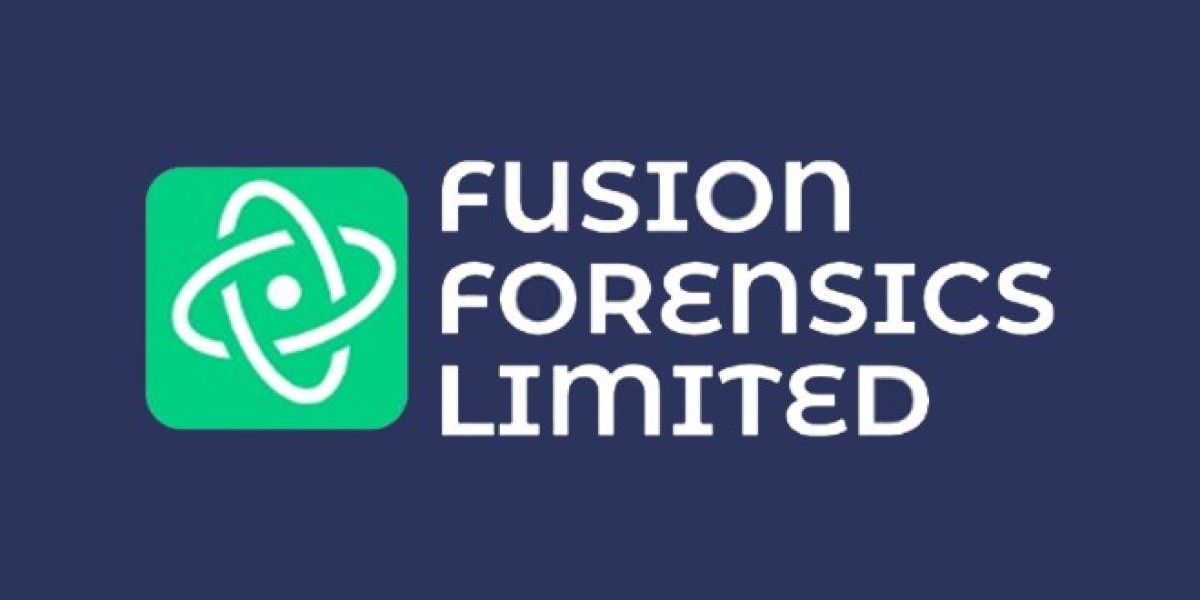Functional Quality Assurance (QA) is a crucial aspect of software and product development that focuses on ensuring that the product's functions work as intended. It involves testing the software or product's features, functionalities, and interactions to identify defects and ensure that the product meets its functional requirements.
Here are some scenarios when you should use Functional Quality Assurance for your product:
New Product Development: When you're developing a new software or product, Functional QA testing ensures that the features and functionalities you're building work correctly and meet the specified requirements.
Feature Updates or Enhancements: Whenever you're adding new features or enhancing existing ones, Functional QA helps verify that these additions do not break the existing functionalities and that the new features perform as expected.
Integration of Third-Party Components: If your product relies on third-party components, APIs, or services, Functional QA helps ensure that these integrations work smoothly and don't negatively impact your product's overall functionality.
Cross-Platform Compatibility: If your product runs on different platforms (such as web browsers, mobile devices, or operating systems), Functional QA helps ensure that it behaves consistently and correctly across all these platforms.
Regression Testing: As your product evolves, it's essential to perform regression testing to confirm that new changes haven't introduced new bugs or caused previously resolved issues to resurface.
User Acceptance Testing (UAT): Before releasing your product to end-users, Functional QA testing ensures that the product functions as intended from the user's perspective. This might involve testing real-world scenarios and user workflows.
Preventing Showstopper Bugs: Quality assurance functional testing helps catch critical bugs and showstopper issues that could impact the product's core functionality or user experience.
Compliance and Regulations: In industries with strict regulations (such as healthcare or finance), Functional QA helps ensure that the product adheres to these regulations in terms of its functions and features.
Complex Business Logic: For products with complex business logic, Functional QA verifies that all intricate scenarios and edge cases are handled correctly.
User Experience (UX): While UX testing is a broader concept, Functional QA plays a part in ensuring that the functional aspects of the product contribute positively to the overall user experience.
Performance and Scalability: Functional QA can also be used to evaluate how the product's functionalities perform under different levels of load, helping identify performance bottlenecks.
Security and Vulnerability Testing: While not exclusively part of Functional QA, it's essential to ensure that the product's functions don't introduce security vulnerabilities. Functional QA can help spot potential security issues related to functionalities.
Overall, functional quality assurance is crucial whenever you want to ensure that your product's features and functionalities align with your requirements and deliver a consistent and reliable user experience. It's an integral part of the broader QA process, which also includes other aspects like non-functional testing (performance, security, usability, etc.). Both mobile functional testing and web services functional testing are important for the overall product performance and end-user experience.
Search
- Friendly Websites www.bybit.com www.temu.com www.ebay.com www.adsy.com www.iherb.com www.whmcs.com www.secsers.com www.cambly.com www.binance.com www.displate.com www.magenet.com www.gainrock.com www.seoclerks.com www.aliexpress.com www.freelancer.com www.rankranger.com www.wehaveoffer.com www.qrmenutable.com www.coinpayments.net www.linksmanagement.com
Popular Posts










